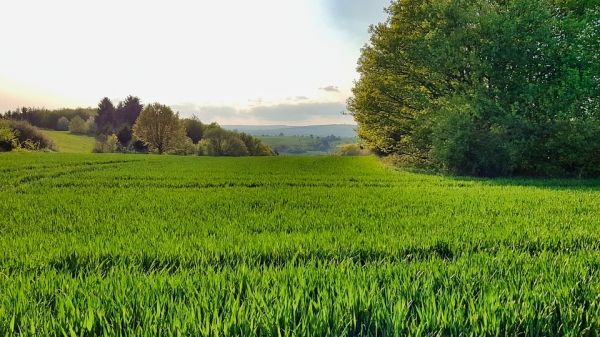For farmers struggling against economic forces and doing everything they can to keep afloat, grassland biodiversity may be the last thing they want to worry about.
But expanding crops into grasslands to increase production could further jeopardize their operations’ profitability due to diminished yields, according to University of Wisconsin–Madison researchers. And these areas, while generally not well suited for growing crops, are important to the native biodiversity of the Midwest.
“Croplands are continuing to expand into grasslands and other natural areas at high rates — over a million acres per year are being converted,” says Tyler Lark, an assistant scientist in UW–Madison’s Center for Sustainability and the Global Environment in the Nelson Institute for Environmental Studies.
In 2015, Lark and his collaborators in the lab of geography and environmental studies Professor Holly Gibbs published their first land-use analysis on cropland expansion, which found 7.3 million acres of primarily grasslands converted to farmland between 2008 and 2012.
Read more at University of Wisconsin–Madison
Photo Credit: Speerwerfer via Pixabay


